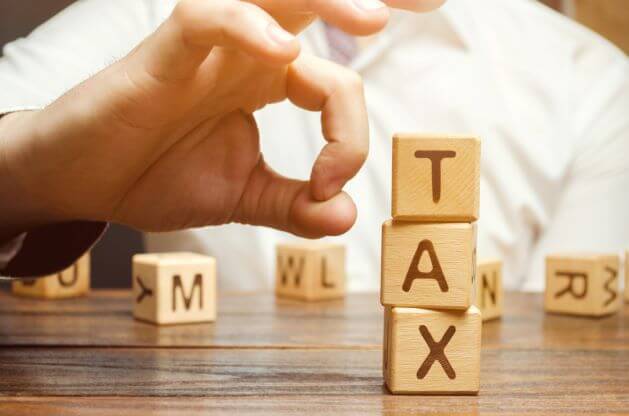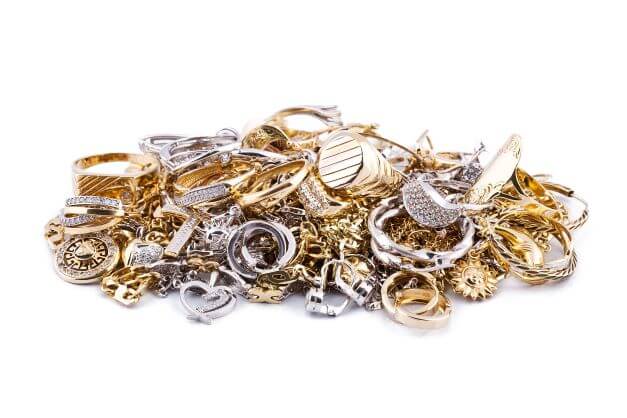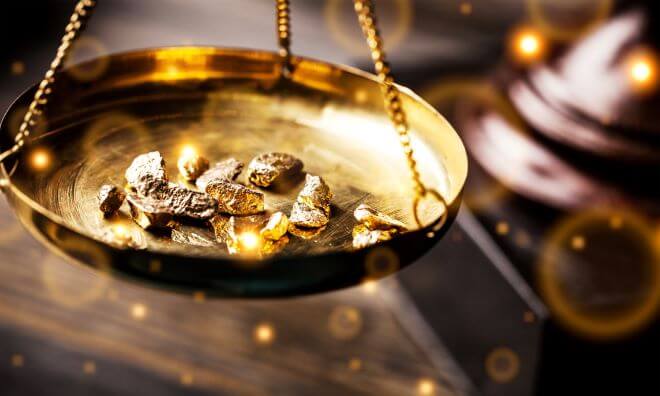Definition Of Precious Metals
Precious metals are a class of rare and highly valued commodities that have long been used as storehouses of wealth. These include gold, silver, platinum, palladium, ruthenium, iridium, osmium and rhodium. The properties of precious metals make them ideal for jewellery or coins to safeguard against the devaluation of paper money over time.
These materials’ scarcity significantly adds to their desirability and value among collectors from all walks of life who wish to protect themselves against economic uncertainty. Precious metal investing is an attractive option for those looking for secure returns without the risk associated with stock markets or other asset classes. With careful research into market trends, investors can make informed decisions about when to buy or sell different kinds of metals as part of their portfolio strategy.
Types Of Precious Metals
Precious metals are a great investment option for diversifying portfolios. Precious metals include gold, silver, platinum and palladium. Each of these precious metals has unique characteristics that make them valuable investments:
* Gold is the most popular choice due to its scarcity and durability. It can be used as a currency worldwide, and it is considered the safest form of money since it cannot be counterfeited or destroyed by inflation.
* Silver offers investors more liquidity than other metals but fluctuates in price more often than gold. The industrial demand for this metal also makes it an attractive investment option. The value of bullion silver coins have risen in recent years.
* Platinum is rarer than gold, and its higher price reflects this fact. It also has various industrial uses, making it an excellent long-term investment with potential appreciation.
* Palladium is another precious metal which has seen increased demand recently due to its use in catalytic converters for automobiles. Its growing popularity makes investing in palladium a promising venture for many investors.
Benefits Of Investing In Precious Metals
Investing in precious metals can provide several benefits. These include diversifying an investment portfolio, the potential for capital appreciation, and protection from inflation.
Diversification is the primary benefit of investing in precious metals. This means that as part of an overall portfolio, it helps to reduce risk by spreading investments across different asset allocations such as stocks, bonds, real estate, cash equivalents and commodities like gold or silver bullion. Diversification gives investors more predictable returns over time than if all their money was invested in one asset class.
Risks Involved In Investing In Precious Metals

Any investment contains elements of risk
Investing in precious metals poses several risks, some of which may be significant. These include price volatility, liquidity risk and storage costs. Price volatility can occur when the market demand for a particular metal is low, or supply exceeds demand. This type of price movement could cause an investor to suffer losses on their investment if they are not able to sell at a good time.
Liquidity risk occurs when there is difficulty selling off assets quickly due to limited buyers, meaning that investors may need help recouping their investments within the desired timeframe. Finally, storage costs associated with owning physical gold or silver bullion can be high depending upon the volume held by an individual investor and where it is stored.
Market Trends For Precious Metals
Investing in precious metals is a popular choice and with good reason. Precious metals have seen substantial increases in market value over time, making them attractive to investors looking for solid returns on their investments. Gold has been particularly volatile this past decade, demonstrating periods of rapid growth and sharp declines. Silver also has had its share of volatility but has yet to experience the same dramatic swings as gold.
Analysts generally agree that gold and silver will remain substantial investments into the foreseeable future due to their inherent store-of-value qualities. They can be used as hedges against inflation or deflation while providing an opportunity for capital appreciation over time. As such, they offer investors a measure of protection from economic uncertainty while simultaneously offering potential gains. The appeal of these two commodities lies in their status as safe havens that protect one’s portfolio during times of financial turmoil yet provide long-term stability and appreciation when markets eventually stabilize again.
How To Evaluate Your Investment Options
When considering an investment in precious metals, it is essential to evaluate various options. Before making a decision, investors should consider the following:
- The current market trends and how they may influence future values.
- Any potential risks associated with such investments.
- The diversification benefits of holding multiple types of assets.
- The overall financial goals that are being sought by investing in precious metals.
Investors should also research the different investment products available before purchasing any specific type of asset, such as coins or bullion bars. It is essential to understand the differences between numismatic versus bullion items and other common terms used when discussing this type of commodity investing, such as spot price and premiums charged for purchases or sales.
Additionally, fees associated with buying and selling must be considered to determine if these costs outweigh any expected profits from trading activities over time.
Tax Implications When Investing In Precious Metals

Investing in precious metals can lead to tax implications
Investing in precious metals can be a lucrative endeavour, but it must be done with an understanding of the potential tax implications. It is important to note that any profits from investing are subject to taxation. The UK government taxes capital gains on some investments at different rates than other types of income. Taxable events include buying and selling physical metals or coins and trading futures contracts and options.
The law in the USA is different from here in the UK; however, understanding these tax implications is essential before trading or investing in precious metals.
Ways To Invest In Precious Metals
Precious metals are a popular investment option for those seeking to diversify or hedge against the volatility of other markets. There are several ways in which investors can gain exposure to precious metals, including through physical ownership of gold, silver and platinum coins and bars, as well as through exchange-traded funds (ETFs) and futures contracts.
Physical Ownership involves purchasing bullion directly from dealers. Investors may also opt to store their metals with a third-party storage provider that will provide additional security measures such as insurance coverage.
Alternatively, ETFs enable investors to gain exposure to the price movements of various commodities without actually owning them. Futures contracts involve an agreement between two parties to buy or sell a commodity at a predetermined price on a future date. These offer greater flexibility than physically owned assets but involve higher risk due to their leverage features.
Investing in precious metals requires careful consideration of factors such as cost, liquidity and market conditions before taking any action. Investors must understand the risks of trading these assets before committing capital. Additionally, it is highly recommended that investors use a financial advisor when making decisions related to investments in precious metals.
What To Look For When Selecting A Dealer
Having decided to invest in precious metals, the next step is selecting a dealer. It is essential to research and compares different dealers before making any decisions. As with any investment decision, it pays to do your due diligence, as risks are involved when dealing with precious metals.
The first thing to consider when selecting a dealer is their reputation. Do they have experience in the field? Have reliable sources recommended them? Are there reviews of past customers that can be consulted? Reputation is essential in choosing a dealer for investing in precious metals.

Precious metals are high value
Factors That Affect The Value Of Your Investment
Several factors, including the global economy, political risks, and market sentiment, determine the value of precious metals investments. The price of gold, for example, tends to increase when there is economic uncertainty or geopolitical turmoil since investors tend to seek out safe havens such as gold during times of crisis. This can cause an increase in demand which leads to higher prices. Similarly, if markets become risk-averse due to worries about recession or inflation, this could increase investment in gold and other precious metals.
In addition to macroeconomic factors, supply and demand also play a role in determining the value of your investment. Prices will likely rise if supply decreases due to production issues or low exploration success rates as buyers compete for available supplies. Conversely, if new sources are discovered, or existing producers ramp up output, prices could fall as more product enters the market. Investors should pay close attention to these variables before investing to ensure they’re making informed decisions.
Conclusion
Investing in precious metals is a long-term strategy that requires careful consideration and research. It can be an excellent way to diversify a portfolio, as gold and other metals’ value tends to move differently than stocks or bonds. However, it also carries risks associated with any market investment, including volatility and government regulations. Investors should understand these risks before committing capital to precious metal investments.
Investors must stay informed on current trends and strategies others use when investing in this asset class. This includes understanding how to store and insure your investments to protect them from theft or damage. Additionally, selecting a reputable dealer is essential since the value of the metals may depend upon quality and purity. Lastly, factors such as inflation, economic growth rates and geopolitical events will affect the price of these commodities.


You must be logged in to post a comment.